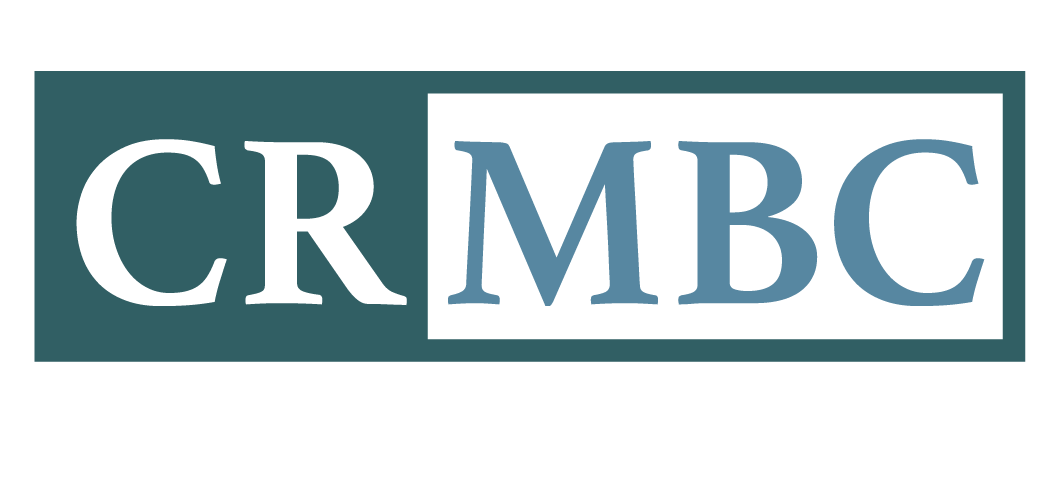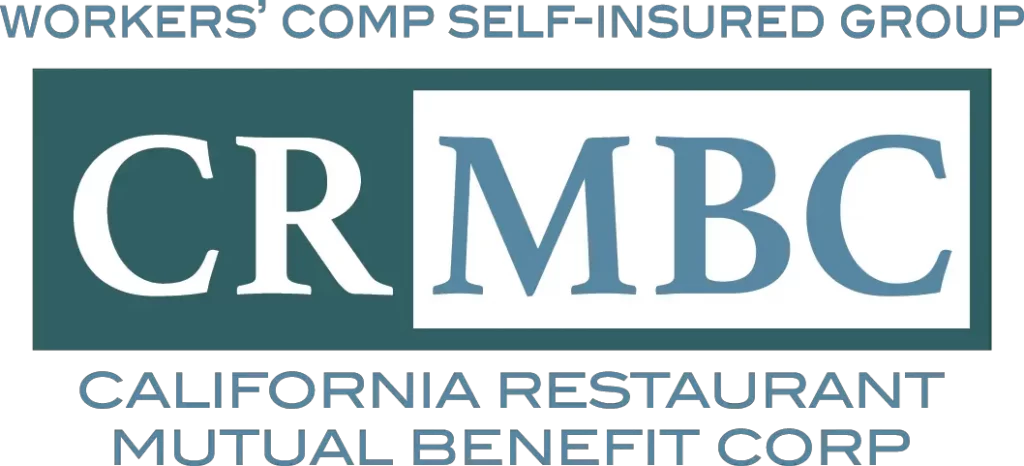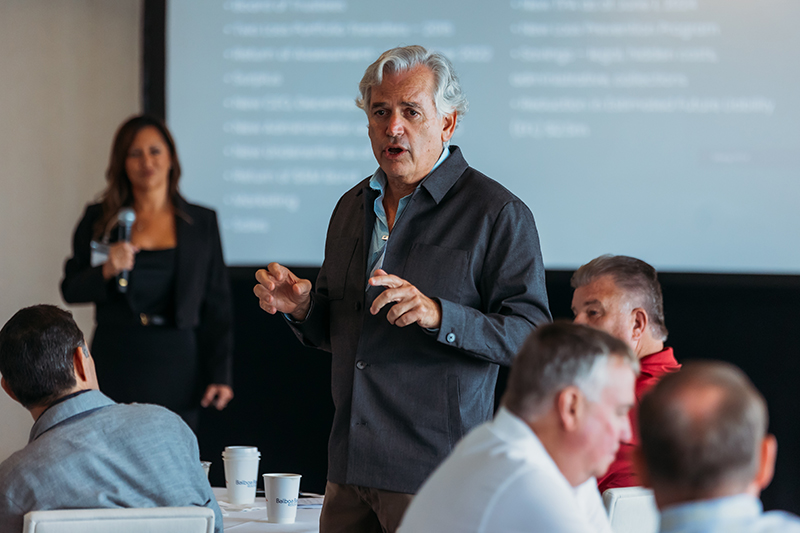Author: Kaya Stanley, Board Chair and CEO, CRMBC
In a recent episode of the CRMBC Self-Insurance Podcast, I spoke with Selwyn Yosslowitz, founder of Marmalade Cafe, CRMBC Board Member, and a 25-year member of the California Restaurant Association. With over three decades in the restaurant industry, Selwyn offers a unique perspective on why self-insurance is a strategic choice for businesses like his.
A Journey Rooted in Employee and Customer Care
Selwyn Yosslowitz’s restaurant industry journey began in 1981 when he moved to the United States from his native South Africa. He joined Bob Burns Restaurants and under the mentorship of Elizabeth Burns, Selwyn learned the importance of community involvement and sound business practices. In 1989, he co-founded Marmalade Cafe with two of Burns’ children, which now boasts seven locations and 450 employees. The cafe’s enduring success is rooted in a customer and employee-centric culture, driven by the philosophy that prioritizing the well-being of employees and customers ultimately leads to profitability.
Yosslowitz emphasized, “We strongly believe we’ve always had this philosophy, take care of the employees, take care of the customers and the profits will follow.” This commitment to a supportive work environment and exceptional customer service has been the cornerstone of Marmalade Cafe’s enduring success. Even during times when the company could least afford it, they offered benefits like 401(k) with matching funds and health insurance to their employees.
Why Self-Insurance?
For Yosslowitz, the shift to self-insurance was driven by a need for greater control over workers’ compensation claims. Traditional insurance often left him feeling disconnected from the process, with overwhelmed adjusters not paying enough attention to individual claims.
“When self-insurance became an option, I saw it as a great alternative,” Yosslowitz explained. By attending depositions and ensuring the right legal representation, he found he could have better control over claim outcomes. This direct involvement allowed for a more tailored approach, ensuring employees and the business are well-served. Yosslowitz and his management team discuss strategy before depositions, guiding lawyers in asking the right questions.
The Benefits of Control and Customization
Self-insurance enables Yosslowitz to treat workers’ compensation as a controllable expense. This ensures that legitimate injuries are promptly addressed, providing necessary care while maintaining financial efficiency. Direct claims management has led to significant savings and improved outcomes for Marmalade Cafe.
One key advantage of self-insurance is control over the claims process. Yosslowitz shared that this control extends to selecting attorneys and being present during depositions. “Having the right attorney and being involved in the process leads to better outcomes,” he noted. This hands-on approach ensures fair and efficient claims handling, reducing overall costs.
Moreover, self-insurance aligns with company values. Businesses can foster a supportive environment by prioritizing employee well-being and maintaining close involvement in claims, leading to higher employee satisfaction and retention.
Addressing Common Concerns
Business owners often view self-insurance as complex and risky. However, Yosslowitz believes these challenges can be managed with the right approach. He stressed the importance of working with experienced professionals and leveraging resources available through organizations like CRMBC.
Self-insurance also offers a stable financial outlook. Traditional insurance models are subject to market fluctuations, leading to unexpected premium increases. In contrast, self-insurance allows for greater cost control, avoiding the volatility of traditional insurance.
The Impact on Employees
The benefits of self-insurance extend beyond financial considerations. Yosslowitz shared that this model allows for a more personalized approach to employee care. Direct involvement in the claims process ensures employees receive the attention and support needed for recovery. This builds trust and loyalty, contributing to a positive work environment.
“If an employee has a legitimate injury, we take care of them completely,” Yosslowitz stated. This commitment to employee well-being is central to Marmalade Cafe’s success.
Yosslowitz also emphasized the importance of return-to-work programs, explaining that they try to accommodate modified duty whenever possible. This approach keeps employees engaged and part of the team, even teaching them new skills during their recovery period. However, he also noted the need for caution to prevent aggravated work injuries when returning employees to work too soon.
Selwyn Yosslowitz’s experience highlights the significant benefits of self-insurance for restaurant owners. Embracing this model provides greater control over workers’ compensation programs, better employee care, and more efficient financial management. Marmalade Cafe’s success underscores the positive impact of self-insurance on company culture and profitability.
For more insights from industry experts like Selwyn Yosslowitz, subscribe to the CRMBC Self-Insurance Podcast.

Kaya Stanley is an attorney, published author, business owner, and highly sought-after strategic turnaround expert. Ms. Stanley serves as CEO and Chairman of the Board for CRMBC, the largest restaurant workers’ compensation self-insured group in California, and she is the Licensee for TEDxReno, an independently organized TEDx Event.
Throughout her 22 years of practicing law, Ms. Stanley has served as outside counsel for Wal-Mart and Home Depot. She was voted one of the country’s “Top 25 OZ Attorneys” by Opportunity Zone Magazine and published a best-selling book called “The Employer’s Guide to Obamacare.” Before that, she earned her master’s degree in social work and public policy, after which she worked with at-risk girls in Detroit and lobbied for women and families.








